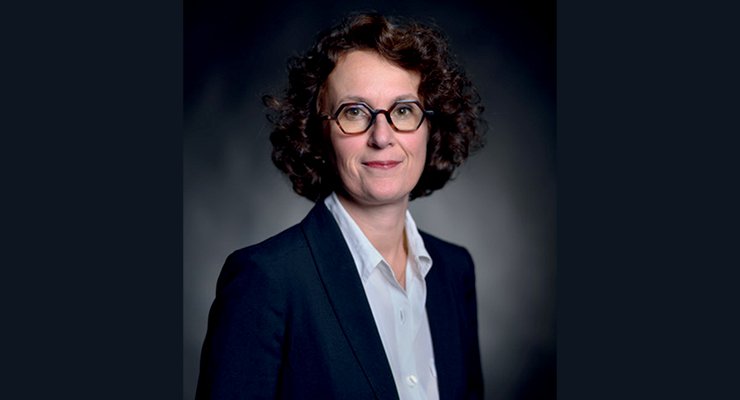Erasmus Mundus Joint Master EMSSE
The main objective of the Erasmus Mundus EMSSE master's program is to train a new generation of international experts, capable of designing, maintaining and evaluating complex systems from autonomous cars, drones, Industry 4.0 connected production factories, etc.
Training website
Description
The two-year EMSSE master's program (120 ECTS credits) focuses on sustainable systems engineering. It aims to equip students with solid knowledge and skills to design efficient and environmentally friendly systems. The program emphasizes consideration of the environmental, economic and social impacts of systems throughout their life cycle, from design and development to operation and maintenance.
The main objective of the EMSSE master's degree is to design innovative career paths and programs for future professionals, in the field of systems engineering.
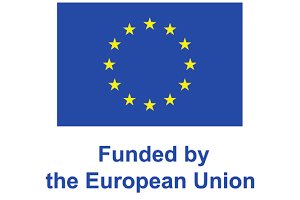
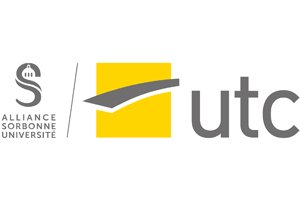
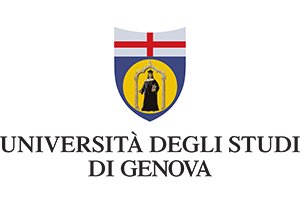
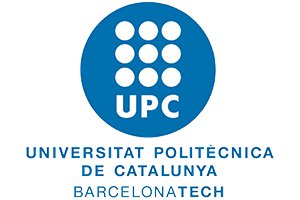
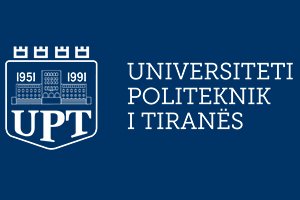
The prestigious partner institutions delivering their diplomas under the EMSSE program are:
- Université de technologie de Compiègne (UTC)
- University of Genoa (UniGe)
- Universitat Politècnica de Catalunya BarcelonaTech (UPC)
- Polytechnic University of Tirana (UPT)
The program also includes 3 associate partners and 7 industrial partners in Europe.
Mobility scheme
The program offers a specific student mobility plan and three distinct pathways:
- Systems of Systems Engineering (SoSE – Gênes) ;
- Advanced machine learning and Optimisation of Systems (AOS – Compiègne) ;
- Advanced Manufacturing Systems (AMS – Barcelone).
| # | Training path | M1S1 | M1S2 | M2S1 | M2S2 |
| 1 | SoSE | UTC UPC | UPT | UNIGE | Final Master projects in collaboration with Industries joining the EMSSE programme. |
| 2 | AOS | UNIGE UPC | UPT | UTC | Final Master projects in collaboration with Industries joining the EMSSE programme. |
| 3 | AMS | UTC UNIGE | UPT | UPC | Final Master projects in collaboration with Industries joining the EMSSE programme. |
Scholarships
The best students from different parts of the world will be eligible for scholarships awarded for a period of 2 years by the European Commission.
Contact and documentation
Information leaflet

